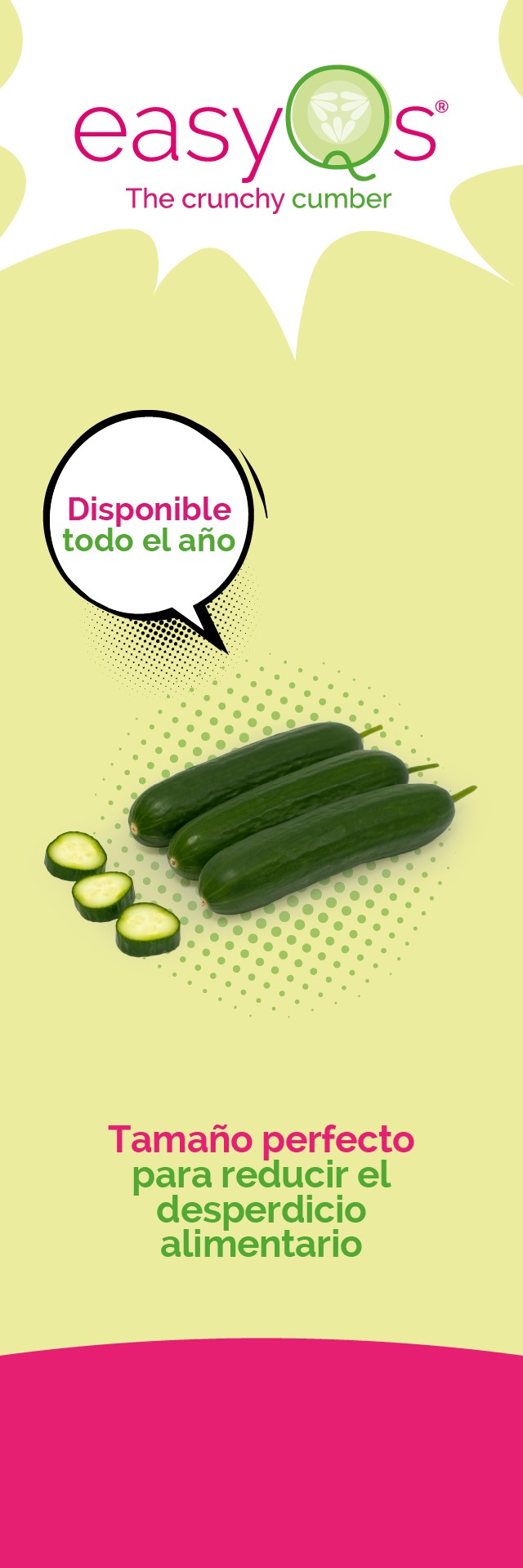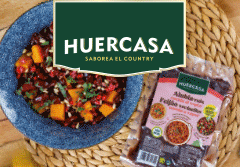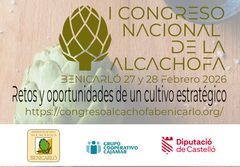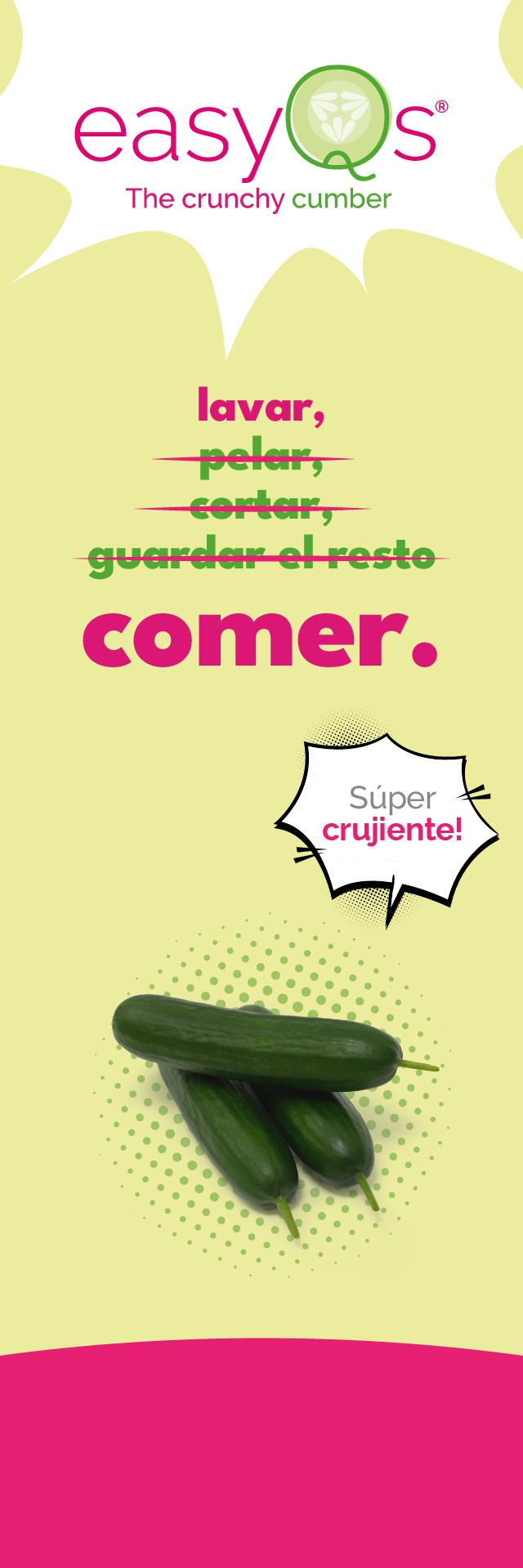However, the high demands placed on the trees and the very tight water supply could take a toll on actual production. This was noted by Miquel Roig, managing director of Fructícola Empordà, in an interview with Fruit Today magazine.
Although Spain in general is seeing a decline in production potential, what is happening in your area and, specifically, in Fructícola Empordà?
This year we will follow the national trend: we will have a harvest below the average of recent years and clearly far from our productive potential.
At Fructícola Empordà, apple acreage continues to increase and, therefore, productive potential grows year after year. However, actual production is not keeping pace. There is no single clear cause, but the drought of recent years and the very precise water management we have been applying have probably taken a toll: we have had to demand too much from the trees, providing them with extremely tight water supplies, and this may have depleted part of their reserves.
Even so, this year we have had very favorable rainfall, and I think it allows us to be optimistic for the next campaign. If nothing goes wrong, 2026 could be a season of good yields.
Apple consumption remains stable or declining. What possibilities do you see for it to increase? Do you think Spanish apples are continuing to gain ground on supermarket shelves? Are in-store promotions essential?
Currently, a large part of the apples on supermarket shelves come from national production. In some chains, even 100% of the assortment is national and highlighted as an added value. Everything indicates that this trend will continue, because it brings clear benefits to consumers.
I believe it is essential to stress the importance of consuming national produce for its food safety, lower carbon footprint and the economic and social impact it generates in the territory. There are too many compelling reasons not to bet decisively on what is ours.
As for consumption, varietal renewal along with investments in the field and in packing facilities are ensuring that consumers find fresher and tastier apples throughout the year, which should encourage a rebound in consumption.
However, we cannot forget that the sharp increase in costs throughout the supply chain in recent years has led to higher prices, which makes it harder for lower-income households to access certain products. In this context, in-store promotions are a very useful tool to stimulate consumption and keep apples as a staple fruit.
What technological innovations, both in the field and in the warehouse, has the company implemented in the past year, or will it implement?
The most relevant innovation is the planting of new varieties from the breeding program in which we participate, specifically adapted to warm climates. It has been more than 20 years of research, crossing pollen from tens of thousands of flowers, planting seeds year after year, until obtaining varieties developed in Girona and Lleida that bring great added value. These varieties show excellent performance against global warming: they color well and maintain freshness and juiciness even in summers with heat waves above 40°C.
RELATED NEWS: Frutícola Empordà to multiply Its Tessa variety fivefold
In addition, we plan to robotize packaging lines in our facility.
Looking to the future, we are hopeful about mechanical harvesting with robots, which will be a real solution to the labor problems faced by the sector. I am convinced we will see it sooner than some may think.
Regarding the different varieties, can you give me an overview of their evolution? What can you tell me about the Tessa apple? And the H-84?
In recent years, the commitment to club varieties has been clear. In our case, we have planted Tessa and Tutti, and soon we will add new varieties from the aforementioned breeding program. Although I believe there is no real space for so many brands on the shelves, I do think these new varieties will replace many conventional ones, because they are superior in appearance and, above all, in taste.
The Tessa variety is very productive, easy for growers to handle and adapts extraordinarily well to Girona’s conditions. It has great storage capacity, with no problems in long-term storage, and an excellent shelf life both in supermarkets and in consumers’ homes. Taken as a whole, it is probably the best apple I know. As for Tutti, we have about 30 hectares planted. It is an apple with exceptional taste and texture, and we are confident it will win over consumers as soon as they try it.

















